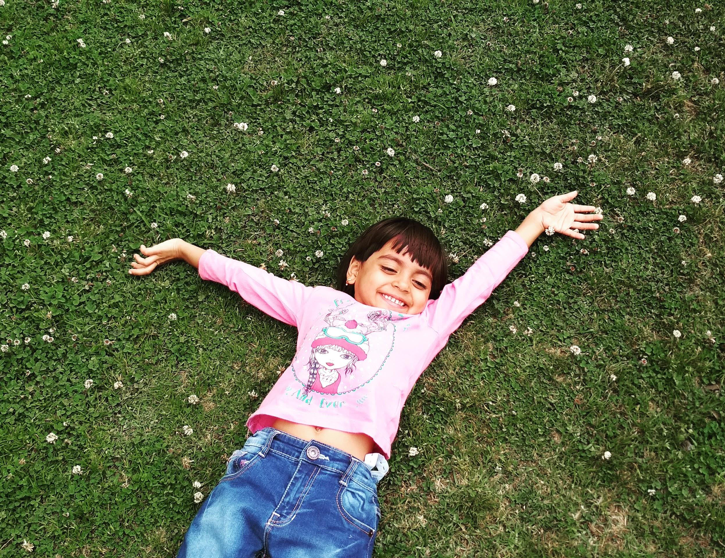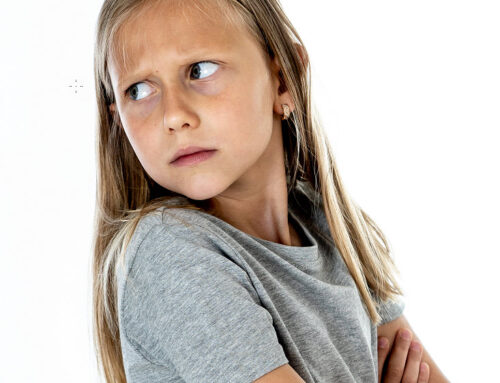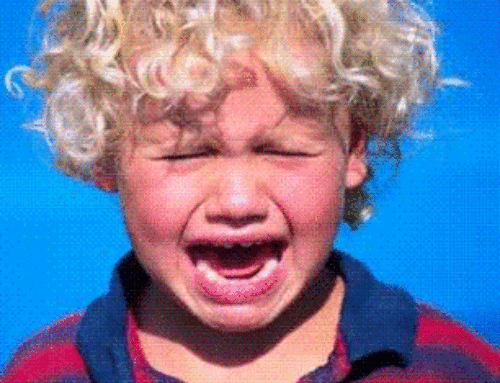I work with parents of children experiencing issues such as autism. Providing the child with a safe play enrionment at home is essential.
Recently I received a message from Danny Knight who is a dad living in Philadelphia. He is the co-creator of FixItDads.com which offers tips for home improvement projects. Danny has worked with many families to provide a safe environment for the autistic child. I hope any parents who have a child with autism find this information beneficial. Here is what he says about safe play for the autistic child:
Importance of Play
Play, just like nutrition, health, education, and shelter, is critical in the development of children. Play is voluntary, spontaneous, and instinctive, and helps children to develop physically, mentally, socially, and emotionally. Play is not just passing time; it is a means of learning to live. These findings and more are part of what is known as the IPA Declaration of the Child’s Right to Play, a comprehensive code that defines the “benefits and protection for children.”
Established over 40 years ago, it set the groundwork for understanding how important it is for children to play. And as spring is moving toward summer, it’s the ideal time to move indoor play to the great outdoors. Outdoor play for children has plenty of great benefits, including improved creativity, better sleeping, and enhanced academic performance.
However, as you head to your backyard with your autistic child, there are some important questions you should consider. How will you keep them safe? Will they need accessible space? How can you make it functional as well as enjoyable?
Backyard Safety
Install a Fence: In a study published in Time magazine, half of autistic children will wander. This means you’ll need to erect a fence to give them a secure and safe place to play. Don’t forget to make sure they have proper identification on them, such as a medical ID bracelet. This way, if they do leave the yard, you’ll be reunited with your child quickly.
Prevent Drowning: Children with autism have a higher incidence of death than their peers, and a California research team discovered in 2001 that this was due to several reasons, including seizures and accidents like suffocation and drowning. If you have a backyard pool, make sure to install a pool alarm that will alert you if your child accidentally falls in.
Use Sun Protection: Be sure to protect your child from the damages that are caused by the sun. This can be done by using sunscreen. However, if your child is uncomfortable with the application process, you can purchase sun-blocking clothes and hats.
Be Able to Identify Poisonous Plants: Teach your child how to identify poisonous plants that could lead to rash or illness from ingestion. Poison ivy is the most common, but there are also enticing, colorful plants that are used in landscaping you’ll want your children to avoid. If you discover dangerous plants in your yard, be sure to wear protective gloves when removing them.
Accessibility
In the event your child does use a wheelchair to help manage autistic symptoms, be sure to take these measures:
- Make walkways 60 inches wide so they have easier mobility.
- Add grab bars or a handrail by any steps.
- Build a wheelchair ramp for backyard access from the home.
Function
Create an Outdoor Learning Space: Adaptive learning spaces are critical in helping children engage, and outdoor spaces, in particular, are places for children to learn in a happier and healthier environment. Find some outdoor learning activities that you can work on together.
Practice Sensory Play: Sensory play works to stimulate your child’s mind and body. The backyard is a perfect spot for a sensory table. Sensory tables allow children to experience tactile, vestibular, visual, and proprioceptive sensory experiences.
Add a Swing: You can consider a full swing set with slide and all the bells and whistles, or just a simple A-frame swing. This will provide your child a great way to calm down if the multitudes of stimuli that occur outdoors becomes too much to handle.
As you head outdoors with your child, you’ll reap plenty of rewards that all children experience when they play outside. But children with autism see some other amazing consequences, like better emotional development, improved cognition, and a decrease in the sensitivity that autism causes. We all know a full day of fun and sun, combined with a little extra learning time, will lead to a better night’s sleep and less anxiety, so start planning your perfect backyard oasis.
Read more from Dr Karen
Credit photo to Pexels.






